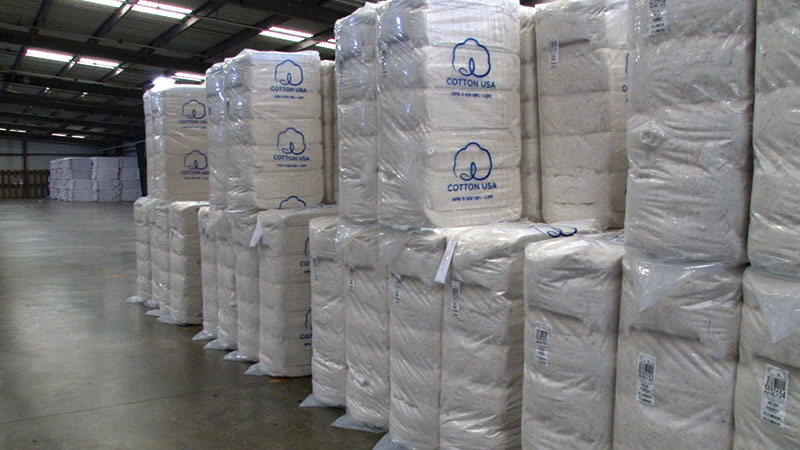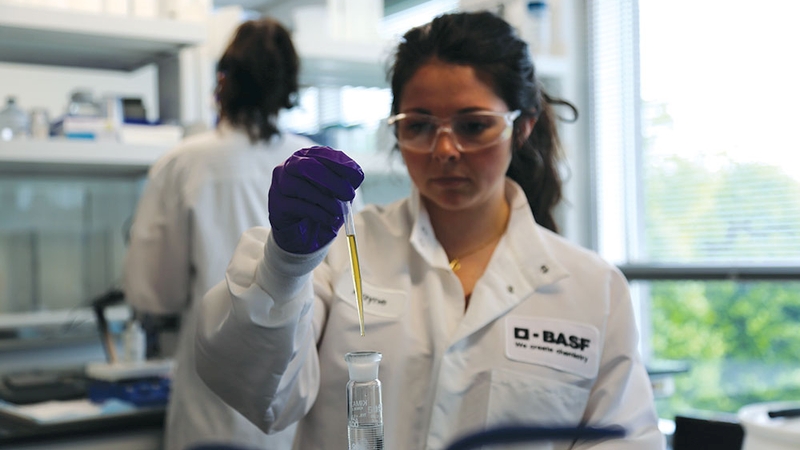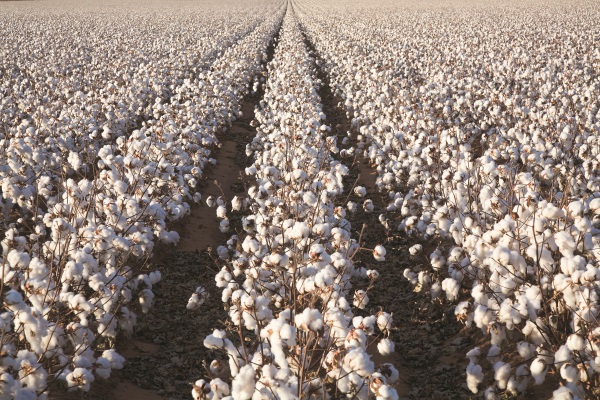Bayer CropScience Steps Up Production and Research Investments
Due to strong product demand, Bayer CropScience has added $1.32 billion to its global research and facilities program, bringing total capital expenditures for 2013-2016 to approximately $3.2 billion.
As a result of the accelerated investment program, the company plans to significantly increase production volume of key active ingredients for crop protection products, as well as implement an aggressive seeds strategy for multiple crops.
“Many industries today are facing overproduction,” said Bayer CropScience CEO Liam Condon at the company’s annual press conference in Monheim, Germany. “At Bayer CropScience, we are in a completely different situation. A growing global population, changing diets and increasing weather volatility are affecting food supply and need to be addressed today.
“Demand from farmers for our products is increasing so strongly that we’re significantly stepping up our supply chain capacity to serve farmers around the world with much needed innovative agricultural solutions.”
An integral element of the company’s investment plans is the construction of a new plant in Mobile, AL for production of the herbicide glufosinate, marketed in the United States under the brand name Liberty. The addition of this new facility, along with capacity expansion projects currently under way at other sites, will contribute significantly to the company’s target of more than doubling global product supply for glufosinate.
The new $503.4 million facility – the largest single construction project in the history of Bayer CropScience – is anticipated to go on-line in the fourth quarter of 2015, in time for the 2016 growing season.
In addition to the increases in supply chain capacity for crop protection, Condon also announced that Bayer CropScience plans to further strengthen its position in established crops such as cotton, rice, vegetables and oilseed rape, and build significant market positions in soybean and wheat.
“Our business strategy is aimed at addressing the pressing challenges farmers are facing worldwide,” he stated. “We will further strengthen both our crop protection and our seeds businesses, continue to sharpen our customer focus and foster innovation to strengthen our leading market position.
“About 900 million people remain hungry today, and the world population is growing strongly,” added Condon. “We need to raise agricultural productivity and, at the same time, advance sustainability in farming and ensure protection of the environment. We aim to achieve this by developing innovative solutions and services that can help agriculture contribute to the healthy development of society.”









